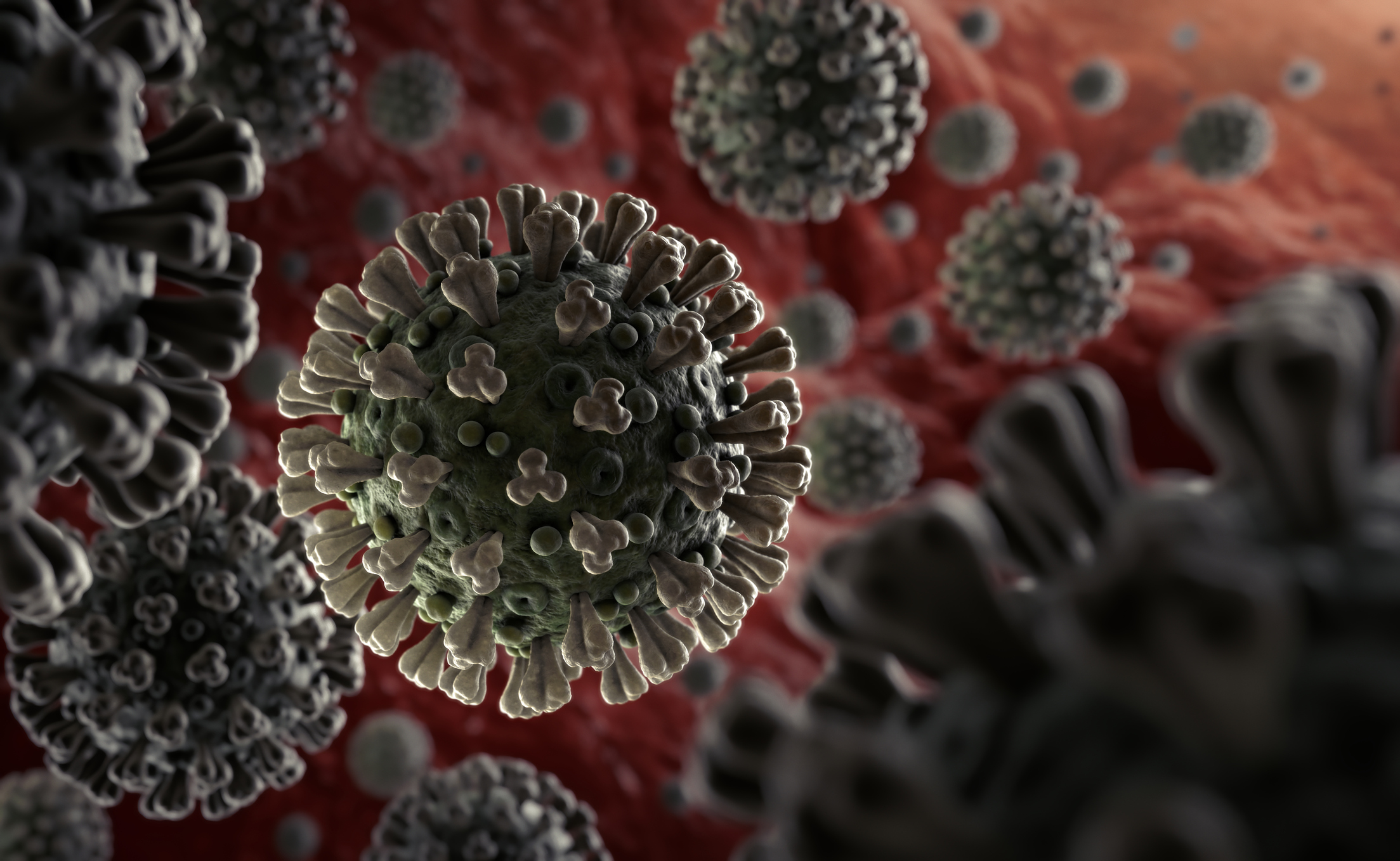The Media Foundation for West Africa (MFWA) has taken note of the rising spate of COVID-19 cases in West Africa and urges the media in the region not to escalate fear and panic by refraining from spreading misinformation.
Globally, more than 150,000 people have contracted the virus across six continents. In West Africa, nine out of the 16 countries have recorded cases, affecting almost 50 people as of the afternoon of March 16, 2020, with no recorded deaths.
While we commend the media for informing the public about COVID-19 and providing precautionary measures for its audiences, we caution editors and journalists to double check their sources and to take additional steps to verify facts before they are reported on any media platform.
Journalists should reduce the use of sensational words and expressions in their reporting so as not to incite fear and panic. Media professionals must be vigilant in selecting images and videos that could possibly mislead or send the wrong message. Media managers must also be mindful that their platforms are meant to inform and educate.
In times like these, the safety of journalists must be paramount and not be compromised. We urge the media to take precautionary measures as it relates to protecting journalists from contracting and transmitting COVID-19. Media practitioners must therefore take the necessary precautions when reporting, such as wearing protective clothing when visiting a quarantined center and using hand sanitisers when reporting from the field in addition to washing hands as often as possible.
The MFWA also calls on governments across the region to be transparent and proactive with information delivery on the status of COVID-19 to the media, citizens and other stakeholders.
The public must also be weary about fake news and misinformation about the virus. People must take the extra responsibility to verify information from trusted sources such as in-country public health ministries or agencies, the United Nations and the World Health Organisation.




